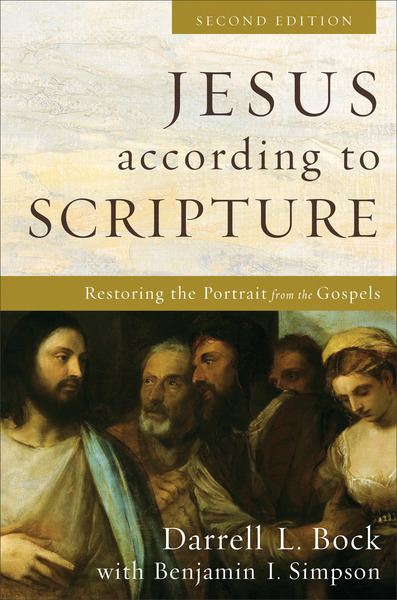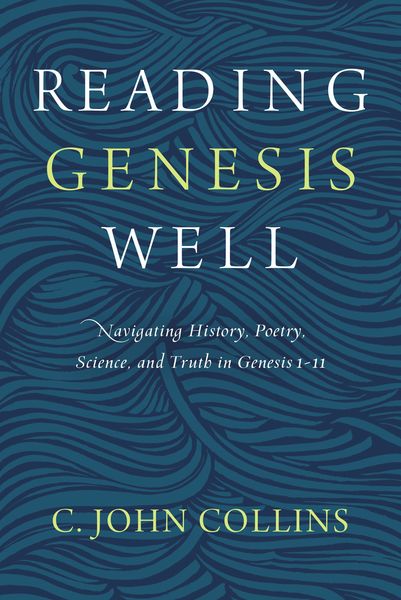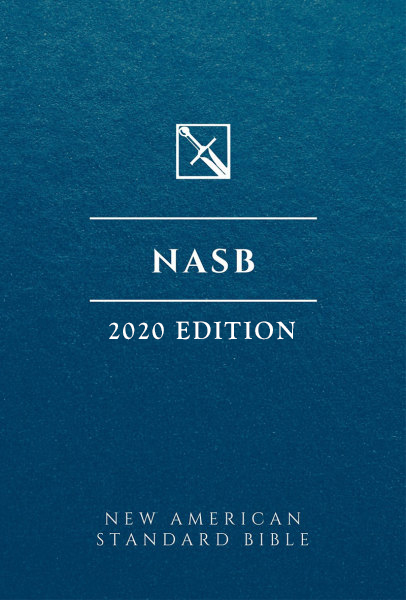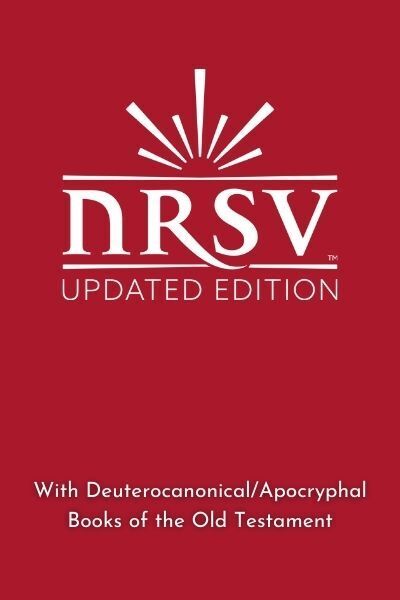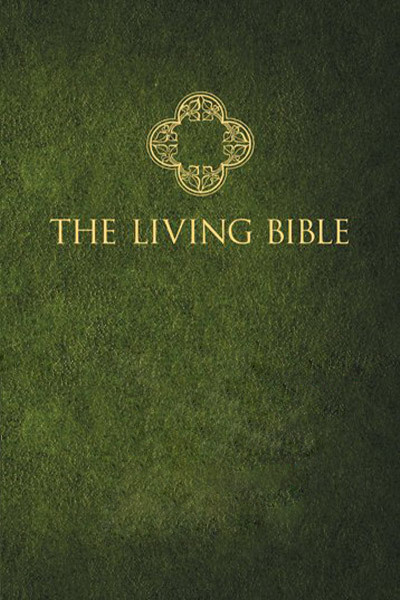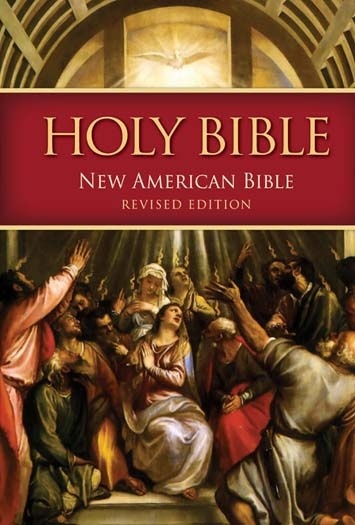

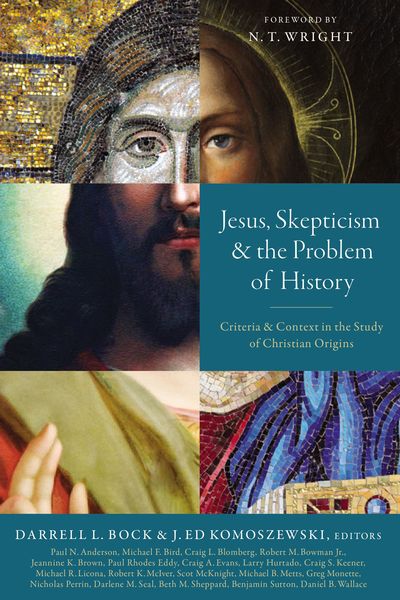
Jesus, Skepticism, and the Problem of History: Criteria and Context in the Study of Christian Origins

Jesus, Skepticism, and the Problem of History: Criteria and Context in the Study of Christian Origins
In recent years, a number of New Testament scholars engaged in academic historical Jesus studies have concluded that such scholarship cannot yield secure and illuminating conclusions about its subject, arguing that the search for a historically "authentic" Jesus has run aground.
Jesus, Skepticism, and the Problem of History brings together a stellar lineup of New Testament scholars who contend that historical Jesus scholarship is far from dead.
These scholars all find value in using the tools of contemporary historical methods in the study of Jesus and Christian origins. While the skeptical use of criteria to fashion a Jesus contrary to the one portrayed in the Gospels is methodologically unsound and theologically unacceptable, these criteria, properly formulated and applied, yield positive results that support the Gospel accounts and the historical narrative in Acts. This book presents a nuanced and vitally needed alternative to the skeptical extremes of revisionist Jesus scholarship that, on the one hand, uses historical methods to call into question the Jesus of the Gospels and, on the other, denies the possibility of using historical methods to learn about Jesus.
